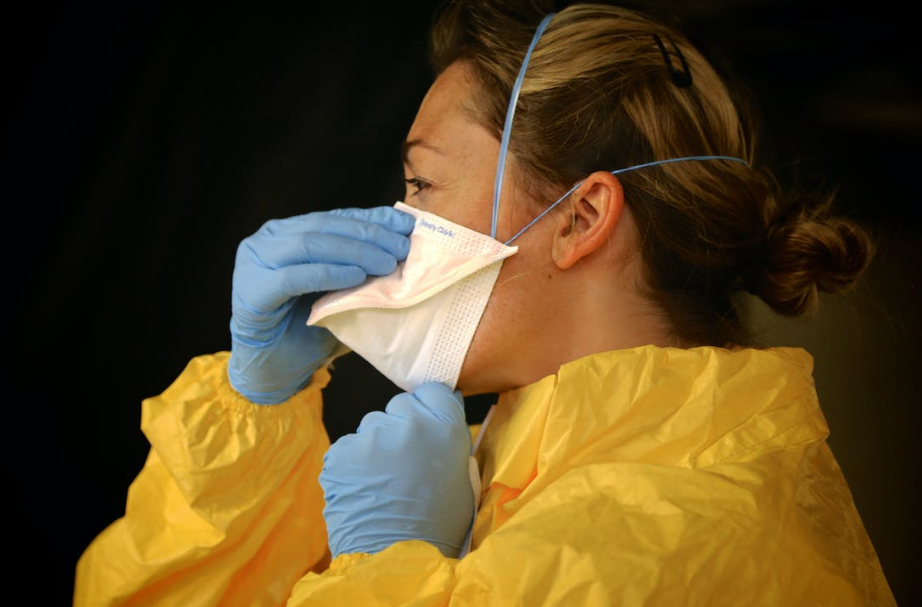While tens of thousands of people stay at home waiting to flatten the curve of the virus infections. Health workers, on the other hand, are called upon to work and protect their communities. If you are one of the citizens stuck at home and want to thank front liners from all their hard work, kaitsemask is one of the best things you can give to them as support.
And while it has been essential to practice good customs in this work, it is more important than ever to maintain and cultivate these healthy habits during this global pandemic. Regardless if you are a social worker, community health worker, physician, home health aide, or a nurse, creating healthy habits for your sleep, hydration, nutrition, and movement will help you reduce stress, recharge, and prevent burnout. At the same time, you work in this crisis as a frontline.

For instance, eating healthy has been proven to lower anxiety and depression for front liners. And research has shown that sleep promotes the recovery of our immune system, which is crucial for health workers prone to illness and disorders every day.
In case your routine needs a fresh start, take comfort in knowing that establishing new habits is easier than you think. Below are the three micro-steps actions that you can start building to help you restart and reload to improve your life.

Take a Stretch Break
If you’re a health front liner, you are probably moving a lot during the day and copes up with heavy physical activities. Make sure you take a minute break whenever you can during the day to support your body. Casually change positions, stand up, stretch, or anything to keep your blood flowing. You can even invite your workmates to reach with you in the break room.
Always Prepare a Water Bottle
Keeping a water bottle in your restroom or at the station will prevent you from tempting soda and other carbonated beverages. Besides, refilling your water jug during the day will give you much-needed rejuvenation.
Take a Short Nap
If you are working on an overnight shift, you can close your eyes for a few minutes. Recharging and resting for ten to fifteen minutes will provide you enough energy to work again for your next patients.





